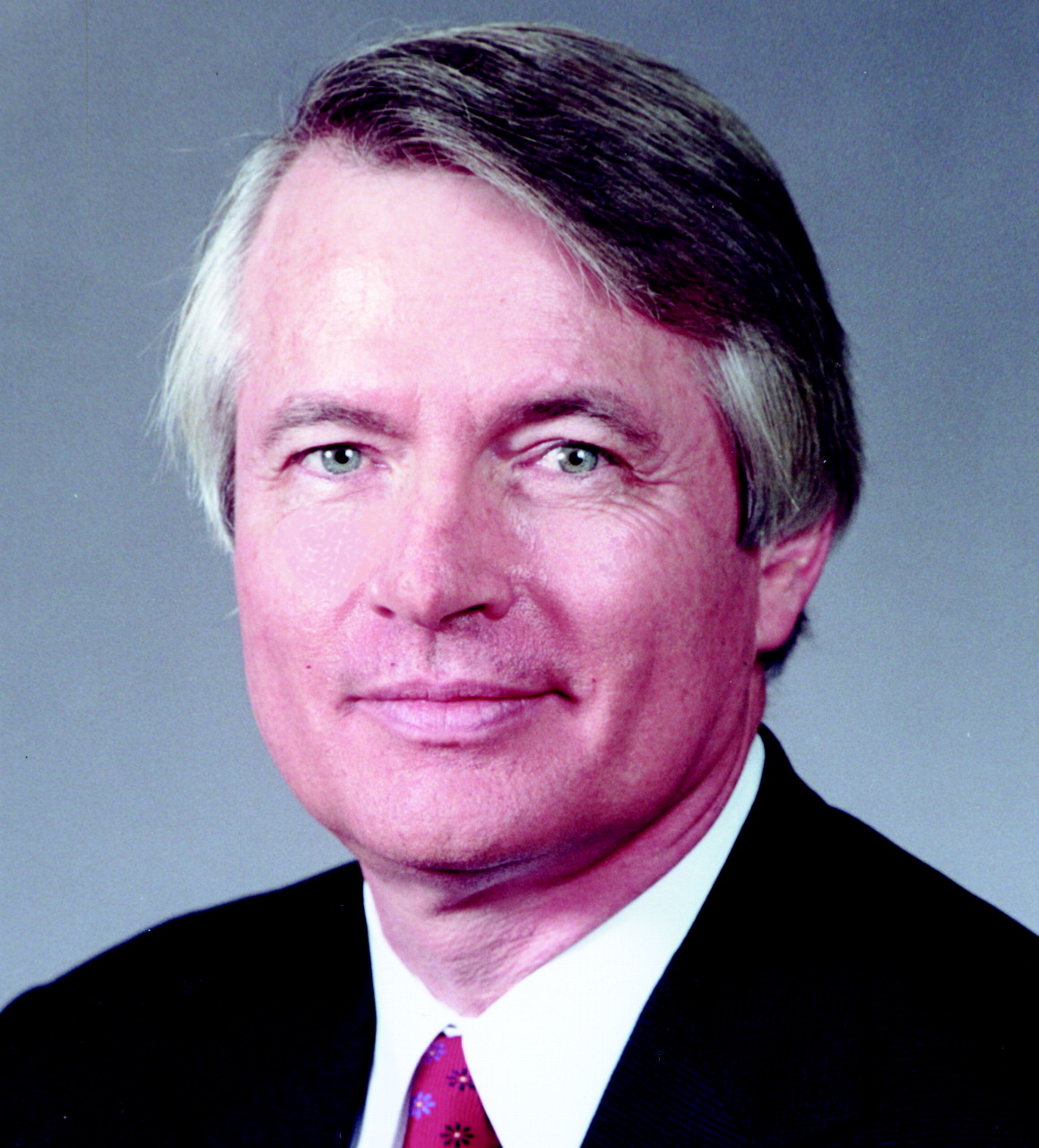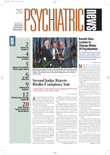Things change.” I am honored to have been chosen to serve as the 128th president of the American Psychiatric Association. Since its founding in 1844, APA has grown into the fourth-largest medical specialty society in America, representing 5 percent of American physicians.
During the last year, following a vote by the membership, APA changed its organizational structure under the stewardship of my predecessor, Dan Borenstein, M.D. Dr. Borenstein and the governance and staff of APA brought us through the transition from APA’s previous 501(c)(3) tax status to the “new APA” that is a 501 (c)(6) not-for-profit organization with three 501(c)(3) subsidiaries: American Psychiatric Publishing Inc., the American Psychiatric Institute for Research and Education, and the American Psychiatric Foundation. These facts, while admittedly somewhat boring, position us to expand our role as world leader in psychiatric publications, national and international research and classification of diseases, and increased philanthropic activities for our patients and profession. At the same time, the organizational change reduces the restraints we have had in the areas of advocacy for our patients.
The structure that will allow APA to take more effective actions is in place. I now have a question for each individual member and for APA as a whole.
In the 21st century will people with mental illness get the treatments they need and deserve? This deceptively simple question is at the core of our mission.
At both the state and national levels, we have worked hard for parity. We have succeeded in getting parity legislation of varying kinds enacted in more than half of the states. If real parity, including parity utilization review, is achieved nationally, we as a profession must be ready to provide access to psychiatric services for those who have been underserved in the past.
This allows us an extraordinary opportunity to find and develop new systems of care that will take advantage of the brilliant research produced during the last decade, while at the same time protecting privacy and the doctor-patient relationship, which we know are the bedrock issues underlying effective medical treatments.
The last decade of the previous millennium was tough on all of us. We struggled with funding cuts in public and private programs. During the 1990s, we saw efficient and effective systems of care dismantled by economic forces never before seen in medical circles.
We learned the hard way what passivity does to our patients, our profession, and our self-esteem. Passivity is no longer an option for any of us.
We have much to do if we are to assume a rightful place in the driver’s seat of public mental health policy. We must have good data, develop more coalitions, and be proactive in our agenda. APA is committed to assisting our members in developing and maintaining the highest level of clinical competency. APA must assist members in translating research successes into improved clinical outcomes for each patients.
We have much to do. We must work together with allies in the advocacy and mental health community. We welcome mental health professionals to join with us to deliver coordinated care to our patients. But we are physicians, and as physicians, we will not allow a medical education to be trivialized. For too long we have lived with discrimination as a fact of life for our patients. We ask no special status for them. Just give our patients the same benefits as medical/surgical patients enjoy. We can’t ask for more; we won’t accept less.
APA is blessed with an extraordinary group of volunteer members who are willing to bear heavy responsibilities for our organization and its components. I would like to thank several individuals who have recently assumed positions of leadership in vital areas. These include Tom Wise, M.D., president of APPI, and Nada Scotland, M.D., its treasurer; and Herb Pardes, M.D., president of APIRE, and Jay Scully, M.D., its treasurer. In addition, Abe Hostetter, M.D., continues to serve as president of the American Psychiatric Foundation with Thomas Pfaehler, M.D., as its treasurer.
These leaders in American psychiatry will offer expertise and spend countless hours to advance our profession and our Association. In addition, we owe a debt of gratitude to our excellent staff, led by Steve Mirin, M.D., who serve with dedication at both the national and state levels. I look forward to working with each member and our dedicated staff during the coming year and beyond. ▪

